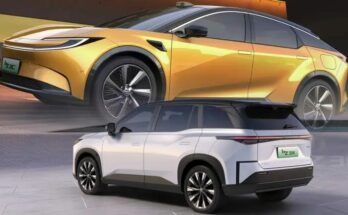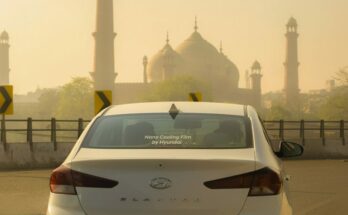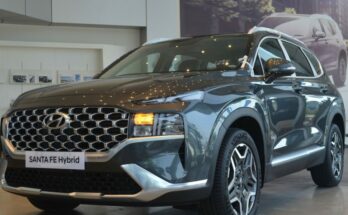The UK’s advertising watchdog has banned Toyota and Hyundai’s advertising campaigns for exaggerating the speed at which electric cars can be charged and deceiving consumers about the accessibility of rapid-charging stations throughout the UK and Ireland.
Toyota ran a marketing campaign for its bZ4X model with the text “making electric easy” claiming the vehicle could be charged to 80% in about 30 minutes using a 150kW fast-charging system. Toyota said drivers could “easily find rapid-charging points in a number of public locations”, especially in areas where “drivers were most likely to need them”, such as main travel points on motorways and large arterial roads.
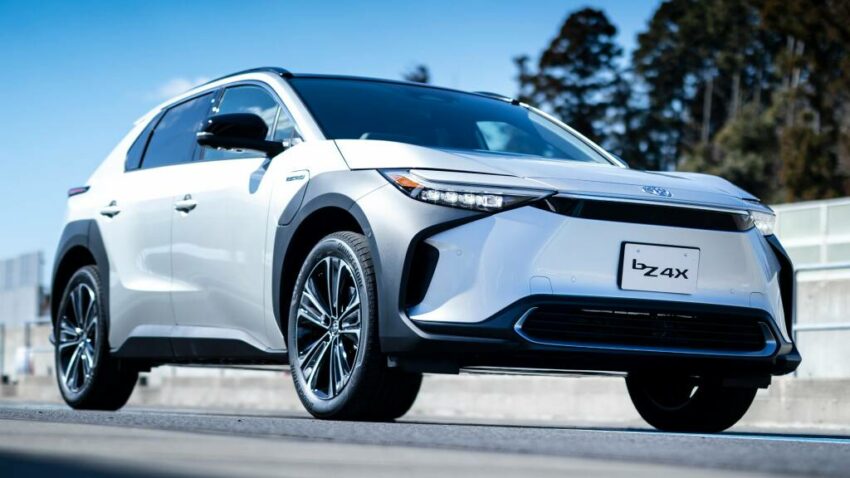
On the other hand, Hyundai ran a similar campaign featuring footballers from the Premier League club Chelsea, which the South Korean car manufacturer sponsors promoting its Ioniq 5 model electric car. The campaign claimed the vehicle could be charged from 10% to 80% in 18 minutes using a 350kW charger.
The Advertising Standards Authority received complaints questioning if the charging times, which both businesses acknowledged were accomplished under ideal production settings, were feasible in the real world. The assertions regarding the availability of rapid-charging stations around the UK, which would alter the chance that consumers would reach the specified charging time, were also criticized.
In the ad campaign, Toyota did not show the precise locations of rapid 150kW chargers but showed that overall there were 419 charging points at 134 locations across the UK. However, there were just 7 in Scotland, 2 in Wales, and none in Northern Ireland. Similarly, Hyundai showed that there were 37 ultra-fast 350kW charging locations in Great Britain, 6 in the Republic of Ireland, “limited numbers” in Wales and Scotland, and none in Northern Ireland.
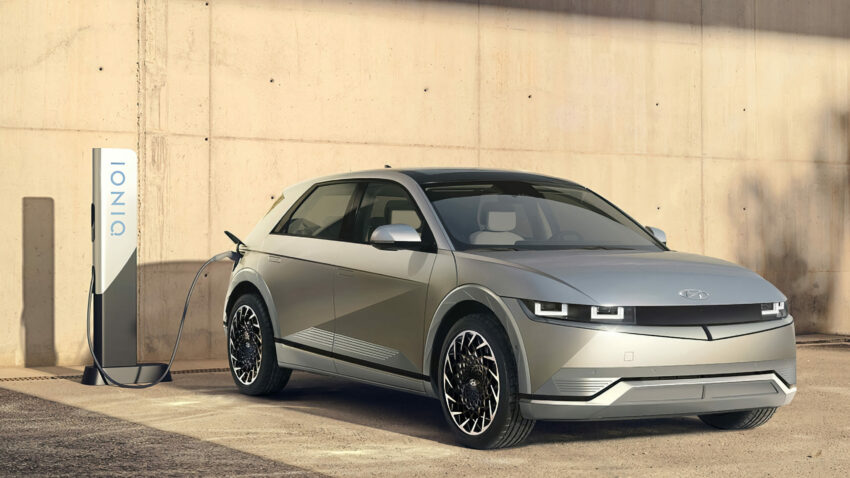
Hyundai and Toyota stated that their claims were accurate because it was not likely that drivers would require rapid-charging stations for shorter trips and could instead utilize the slower charging stations that are more commonly available, with many people using points installed at home. However, the ASA objected & said the manufacturers had given the impression it was “relatively straightforward” to access rapid-charging points across the UK.
While banning the ad campaigns, ASA told Toyota and Hyundai not to mislead consumers about battery charging times in the future. The ASA ruling stated:
“We concluded that because the ads omitted material information about the factors that could significantly affect the advertised charging time and the limitations in relation to availability … the claims had not been substantiated and were misleading.”

A computer animation professional with over 23 years of industry experience having served in leading organizations, TV channels & production facilities in Pakistan. An avid car enthusiast and petrolhead with an affection to deliver quality content to help shape opinions. Formerly written for PakWheels as well as major publications including Dawn. Founder of CarSpiritPK.com

